The demographic revolution
When young people ask me what will be the jobs of the future, my answer — contrary to the prevailing view in marketing circles — is simple: anything related to older people.
When young people ask me what will be the jobs of the future, my answer — contrary to the prevailing view in marketing circles — is simple: anything related to older people.
At a conference in Chile last week, I heard a statement that left me thinking: “Latin America has always been the land of hope, and the land of frustration.”
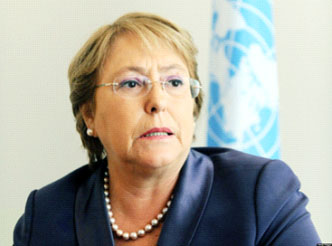
SANTIAGO, Chile — When I interviewed President Michelle Bachelet earlier this week, there were news reports that she was ill or secluded and depressed by the latest polls showing that 75 per cent of the Chilean people disapprove of her presidency.
If you ask me what was the most interesting thing that Secretary of State John Kerry told me in an interview the week before last, it wasn’t any of his statements about human rights in Cuba that made headlines, but his open admission that the United States and Cuba are talking about ways to solve the Venezuelan crisis.

The raising of the US flag at the newly opened American embassy in Havana is an important story, but I can’t help finding much of the US media coverage surrounding the event to be repetitive, boring and frivolous.
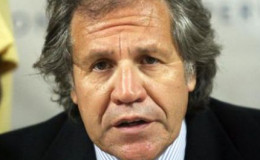
Organization of American States’ Secretary General Luis Almagro has announced a worthy plan to create a new agency within the 34-country OAS to clean up the corruption-ridden soccer business in the region.
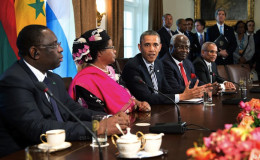
During his trip to Africa last week, President Barack Obama gave a powerful speech asking the region’s long-entrenched leaders to end corruption, respect freedom of the press and stop changing the constitution to remain in power indefinitely.
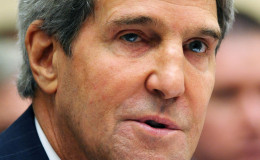
If Secretary of State John Kerry is serious when he claims that the Obama administration will keep pressing for democracy and human rights in Cuba, this is the least he should do: invite Cuban dissidents to the flag-raising ceremony at the US Embassy in Havana when he travels for the historic event there on August 14.
Interesting: a new world ranking shows that many Latin American countries are way ahead of China and India in creativity, and suggests that — if they improve their education and technology standards — they could be among the world’s most competitive economies.
Latin America’s old-guard leftist leaders and at least two prominent US Nobel Prize-winning economists say that Greece, much like Argentina in 2001, can default on its foreign debts without facing an apocalyptic scenario.
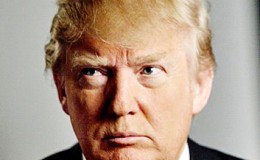
What’s most worrisome about Republican presidential hopeful Donald Trump’s xenophobic remarks about Mexicans is not that he actually made them, but the fact that they seem to have helped him among Repub-lican voters nationwide.
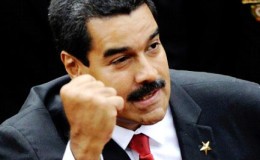
Eager to divert attention from a world-record inflation rate, massive food shortages and other self-inflicted economic problems that could lead to an opposition victory in the Dec 6 legislative elections, Venezuelan President Nicolás Maduro is pulling a trick of last resort for embattled demagogues: reviving a dormant territorial controversy to stir nationalist passions.
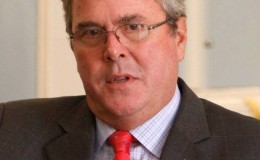
Jeb Bush, who speaks fluent Spanish and has a Mexican-born wife, is the Republican hopeful who would do best among Hispanic voters in the 2016 presidential elections.
What a joke! Venezuela, a country facing severe food shortages where people have to make long lines in hopes of finding milk, flour or coffee, has just received an award from the United Nations Food and Agriculture Organization for its allegedly great success in combating hunger.
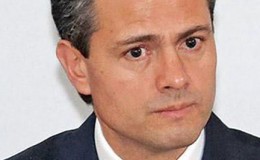
Mexican President Enrique Peña Nieto’s decision to indefinitely suspend teacher evaluations — the core of his much-applauded educational reform — is a catastrophic mistake that stains his presidency and is likely to hurt Mexico for decades to come.

This week’s decision by a federal appeals court to continue blocking President Barack Obama’s order to stop deportations of more than 4 million undocumented immigrants was almost universally seen as a major setback for the administration’s immigration policy.
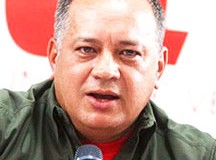
There has been a lot of excitement among critics of Venezuela’s authoritarian populist government about new reports confirming that US authorities are investigating Venezuela’s No 2 official on drug trafficking charges, but — unfortunately — the news will have very little political impact in that country.
Democratic presidential hopeful Hillary Clinton will have a formidable weapon to disarm Republican anti-immigration candidates who want to virtually seal the US southern border — there are already more Chinese than Mexican immigrants who enter the United States every year.
Here’s an interesting innovation that is taking place in Latin America: A company is paying for the college education of thousands of students in exchange for their commitment to pay back a small percentage of their salaries when — and if — they get a job.

When Pope Francis goes to Cuba in September, he will have a larger-than-usual influence over the Cuban government: he has been a champion of dialogue with the island’s regime and strong critic of the US trade embargo since he authored a little-known book on Cuba in 1998.
The ePaper edition, on the Web & in stores for Android, iPhone & iPad.
Included free with your web subscription. Learn more.